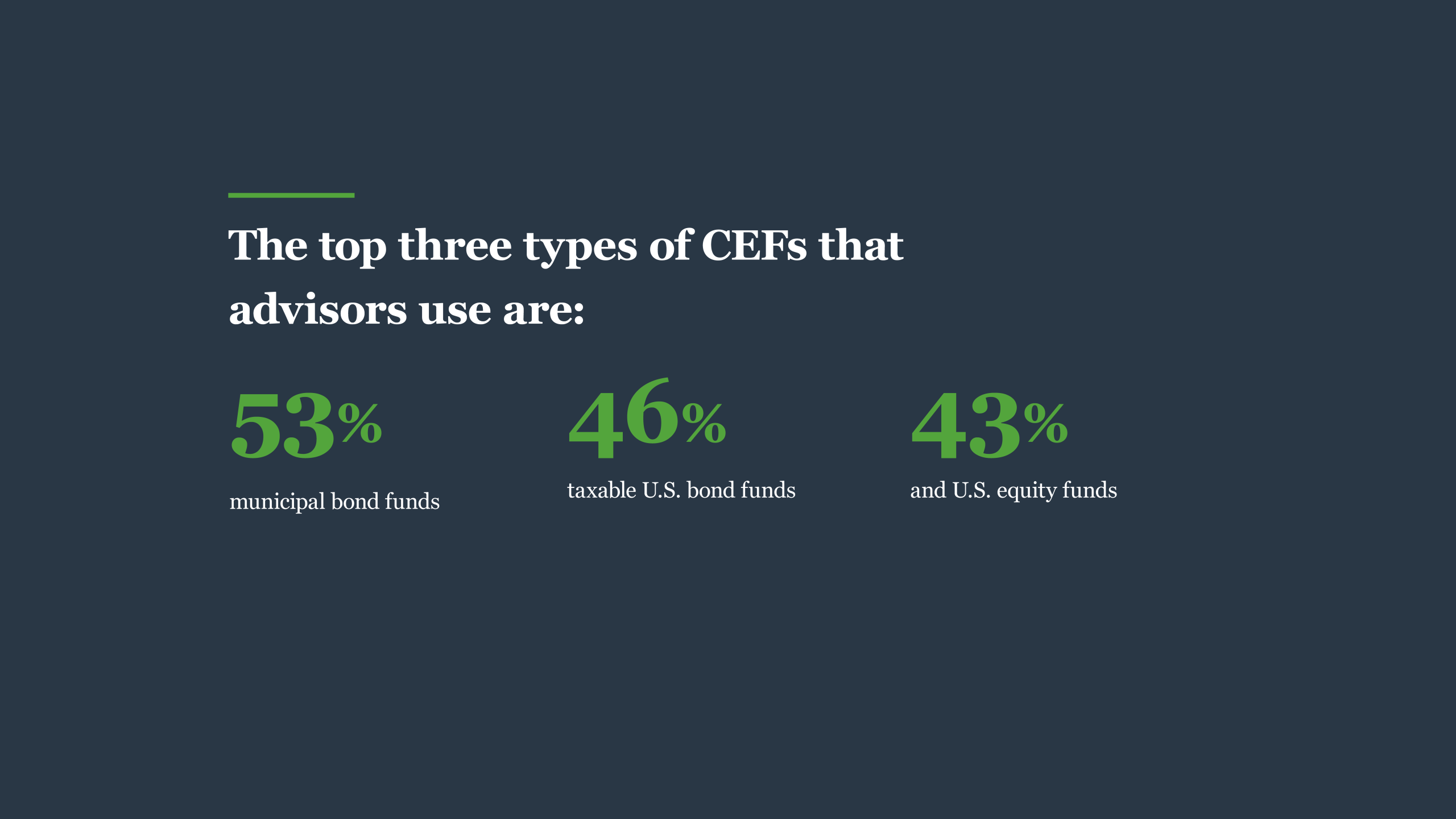Financial establishment An investment firm is a financial establishment mostly engaged in holding, managing and investing securities. These firms in the USA are managed by the U.S. Stocks and Exchange Commission and should be registered under the Financial Investment Business Act of 1940. Investment firm invest money in support of their customers that, in return, share in the profits and losses.

Financial investment firms do not consist of brokerage firms, insurer, or financial institutions. In USA safeties policy, there are at the very least five kinds of financial investment companies: Generally, each of these investment firm need to register under the Stocks Act of 1933 and the Investment Company Act of 1940. A 4th and lesser-known kind of financial investment business under the Investment Company Act of 1940 is a Face-Amount Certification Business.
A significant kind of business not covered under the Investment Firm Act 1940 is private investment firm, which are simply personal companies that make financial investments in stocks or bonds, yet are limited to under 250 financiers and are not controlled by the SEC. These funds are usually composed of really wealthy investors.
This offers particular protections and oversight for capitalists. Regulated funds usually have limitations on the types and quantities of investments the fund manager can make. Generally, controlled funds may only invest in detailed safety and securities and no greater than 5% of the fund might be bought a single protection. Most of investment firm are common funds, both in terms of number of funds and properties under management.
Investment Firms
The initial investment company were established in Europe in the late 1700s by a Dutch investor who intended to enable small capitalists to merge their funds and diversify. This is where the idea of financial investment business come from, as mentioned by K. Geert Rouwenhorst. In the 1800s in England, "financial investment pooling" arised with counts on that resembled modern-day mutual fund in structure.

Brand-new safeties regulations in the 1930s like the 1933 Securities Act restored investor confidence.
United State Securities and Exchange Payment (SEC).
Mineral Rights Companies
Lemke, Lins and Smith, Regulation of Investment Firms, 4.01 (Matthew Bender, 2016 ed.). Chaudhry, Sayan; Kulkarni, Chinmay (2021-06-28). "Layout Patterns of Spending Apps and Their Results on Spending Behaviors". ACM. pp. 777788. doi:10.1145/ 3461778.3462008. ISBN 978-1-4503-8476-6. "Financial investment Clubs and the SEC",, Customized January 16, 2013. (PDF). Investment Firm Institute. 2023.
In retail investment funds, thousands of investors might be involved via middlemans, and they may have little or no control of the fund's tasks or expertise about the identities of various other investors. The prospective variety of capitalists in a private investment fund is usually smaller sized than retail funds. Private mutual fund tend to target high-net-worth individuals, including politically exposed individuals, and fund supervisors might have a close partnership with their customer financiers.

Easy funds have actually been expanding in their market share, and in some jurisdictions they hold a substantial portion of possession in openly traded business. There are numerous various categories for mutual fund. For example, some are closed-end, meaning they have a set number of shares or resources, whilst others are open-end, indicating they can turn into unlimited shares or resources.
The rates, danger, and terms of by-products are based upon an underlying asset, and they allow investors to hedge a setting, increase take advantage of, or speculate on an asset's change in value. A capitalist may have both a supply and an option on the exact same stock that enables them to offer it at an established cost; as a result, if the supply's rate drops, the alternative still preserves worth, reducing the financier's losses.
Whilst considered, given the emphasis of this briefing on the crawler of company cars, a complete treatment of the valuable possession of properties is outside its scope. An investment fund works as a conduit to take advantage of several possessions being held as investments. Investors can be individuals, company automobiles, or organizations, and there are usually a number of intermediaries in between the capitalist and financial investment fund in addition to between the mutual fund and the underlying financial possessions, particularly if the fund's systems are exchange-traded (Box 1).
Investment Company
Depending upon its lawful type and framework, the people exercising control of a mutual fund itself can vary from the people who own and profit from the underlying possessions being held by the fund at any type of provided moment, either directly or indirectly. Both retail and personal mutual fund normally have fund managers or consultants who make investment decisions for the fund, choosing securities that straighten with the fund's goals and take the chance of resistance.
and function as middlemans between capitalists and the fund, facilitating the acquiring and selling of fund shares. They connect capitalists with the fund's shares and implement professions on their behalf. manage the registration and transfer of fund shares, preserving a record of shareholders, processing ownership adjustments, and releasing proxy products for investor meetings.
Navigation
Latest Posts
Investment Company
Investment Management
Mineral Rights Companies servicing Houston, Texas